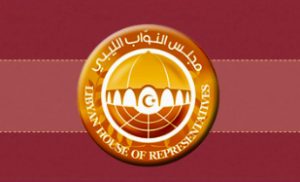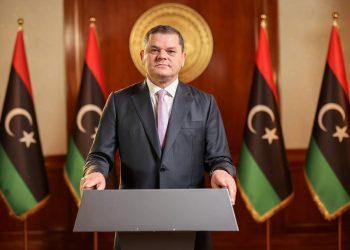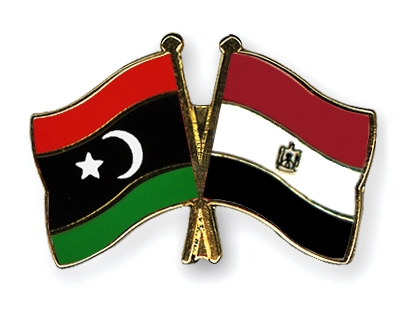By Sami Zaptia.

London, 24 May 2021:
Libya’s parliament (the House of Representatives – HoR) discussed the amended 2021 budget presented to it by the Libyan government led by Prime Minister Abd Alhamid Aldabaiba today.
It is still unclear how the voting will go with those with objections to parts of the budget dominating today’s proceedings.
The main objections to the amended 2021 budget
- The main objections to the amended 2021 budget are that the amended budget estimated at LD 93 billion is still way too large for a government whose term should end with the holding of the 24 December 2021 elections.
- Members objected to the media and public narrative that parliament was being obstructionist in delaying the budget’s approval. They reminded that it was parliament’s role and duty to scrutinize government’s activity – including its budget – and safeguard public funds.
- Members objected to being informed of the amended budget on the eve of the session and therefore not being given enough time to study and scrutinize it adequately before today’s vote.
- Members objected to having to approve the budget prior to an agreement on the appointment of sovereign positions. They felt the monitoring and oversight institutions should be in place to oversee the spending of the budget. This was especially the case regarding the head of the Audit Bureau, the head of the Administrative Control Authority (ACA) and the Governor of the Central Bank of Libya (CBL).
- Some members objected that the government did not incorporate the objections, comments and inputs presented to it in parliament’s previous report accompanying the initially proposed budget.
- This included parliament’s passing a law to increase teachers’ pay.
- Some members objected to the inclusion of an Emergency section of the proposed budget since they felt that currently there is no emergency. They felt when/if there is an emergency, the government should propose such a budget for parliamentary approval.
- It was felt by some that parliament should only approve the salaries, operational and subsidies sections of the budget.
- They specifically felt that the projects/development section of the budget was too large to be used responsibly by December. Moreover, they needed more details of planned projects and a clarification of whether these were old projects or new projects.
- There were objections that the budget did not give enough details/spending breakdowns on how money will be spent in general – beyond general headlines.
- There was an objection to media news that the CBL will be depositing hard currency into the Tunisian Central Bank to help Tunisia’s economy. They demanded accountability and follow-up on this decision.
- Some members suggested that either Prime Minister Aldabaiba or some of his Ministers are called to field questions from parliament on the budget.
- Members pointed out that the main role and aim of this government as prescribed by the Berlin Conference and the Libyan Political Dialogue Forum (LPDF) Road Map was to prepare for the 24 December elections while improving the basic standard of living. This, in their view did not include large spending on projects/development within the next 5 months.
- Some members objected to the government not consulting parliament on the controversial appointment of the new head of Libyan Intelligence.
The session was ended abruptly at lunchtime and is expected to continue tomorrow.






